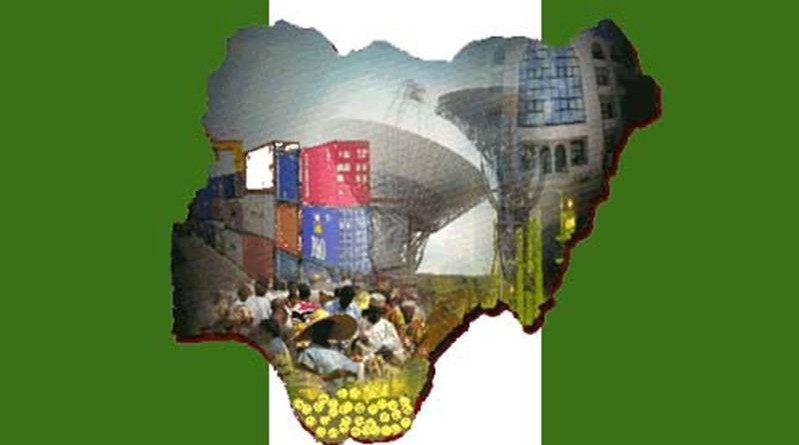

Nigeria still attractive to investors despite decline in startup funding across other African countries — Report
By Esther Agbo
Despite the overall decline, Nigeria has managed to maintain a stable influx of funding, distinguishing itself from other key economies in the region, according to the latest report by Africa: The Big Deal, a platform that tracks startup investments across the continent.
In contrast to previous years, startup funding in Africa has witnessed a significant downturn in the first half of 2024, with investments falling to $780 million compared to $1.8 billion during the same period in 2023.
The report, unveiled during the Africa Start-up Funding Round-Up 2024 mid-year edition, highlighted that the continent’s total startup investments surpassed $1 billion by July, attributed to notable deals such as d.light’s $176 million securitisation facility and MNT-Halan’s $157.5 million raise.
These major transactions, along with others like NALA’s $40 million Series A, and other smaller deals added up to about $400 million contributed to July 2024 being the most lucrative month for fundraising in over a year, surpassing the entire second quarter’s figures.
Interestingly, while the “big four” economies, Nigeria, Egypt, Kenya, and South Africa, traditionally attract the lion’s share of funding, the report noted a pronounced reduction in investments in Egypt, Kenya, and South Africa. However, Nigeria’s startup ecosystem continued to draw significant capital.
“There has been a notable contraction in funding across the continent, particularly impacting Kenya, Egypt, and South Africa. Nigeria, however, has remained resilient,” observed Max Cuvellier Giacomelli, one of the report’s presenters.
He also pointed out the growing share of funding being directed towards startups in West Africa outside of Nigeria, underscoring a gradual diversification in the region’s investment landscape.
Throughout most months this year, startup funding has fluctuated between $15 million and $200 million. Occasionally, this amount increases due to one or two major deals surpassing $100 million.
This pattern has been consistent since the latter half of 2022. In the last quarter, startups raised approximately $300 million. While the total funding amount is one factor, the number of startups securing this funding is another.
“The second quarter was somewhat underwhelming concerning startups raising $1 million,” he commented.
In the first half of the year, startups in Africa raised $780 million in equity and debt, excluding exits. This figure is similar to $1.8 billion raised during the same period in 2023 and falls below the levels seen in 2021.
However, the situation looks better when considering the number of startups that raised $1 million; over 100 startups did so in the first half of this year, comparable to last year’s numbers and those of 2021, with 2022 being an exceptional year.
“If we want to look at the glass half full, there are still start-ups that are raising funding on the continent. About a 100 which raised $1m,” he mentioned.
On the trend of debt and equity funding, the expert highlighted, “Since 2019, we can see that there has been a significant increase in the share of debt that startups are raising.
“There are a number of reasons for that. Start-ups are more likely to publish and communicate about debt that they are raising than equity but that doesn’t explain it all. There are more debt offers on the market.”
The broader African startup scene, traditionally dominated by fintech, saw a shift with the logistics and transport sector leading in funding, accounting for 28 per cent of the total, surpassing fintech’s 23 percent.
This change was attributed to significant deals like Moove’s $100 million investment, which boosted the logistics sector, and substantial investments in the energy space, including companies like M-Kopa and Spiro.
The first half of 2024 saw 100 startups raising at least $1 million, a number comparable to previous years, indicating continued investor interest despite the overall funding decrease.
The increase in debt financing as a component of total funding was also notable, reflecting a trend towards more diversified financing structures among startups.
Looking ahead, analysts like Maxime Bayen predict that total startup funding in Africa could range between $1.5 billion and $2 billion by the end of the year, significantly lower than 2023 and well below the $3.2 billion recorded in the first half of 2022.
This forecast suggests a recalibration of the African startup funding environment, as investors and startups alike navigate a more challenging economic landscape.




